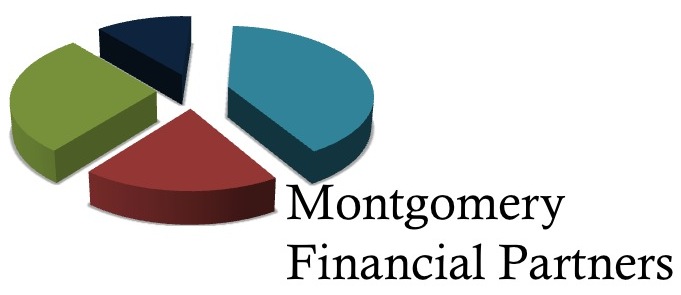“Are you financially healthy?” is a question you might hear often, but what exactly does it mean? Financial health is a term used to describe the combined measurement of an individual’s financial life. There are four key pillars of financial health: Spend, Save, Borrow, and Plan.
By reviewing these components, the MFP team can assess an individual’s situation to determine if they are financially healthy. Depending on the results, we can work together to make any necessary changes or put a plan in place to stay financially healthy.
But first, let’s take a deeper dive into the four pillars of financial health.
Spend
This first component of financial health is simple: spend less than you make. You do so by creating a budget and sticking to it.
Any successful budget must cover all of your needs, some of your wants, and savings for emergencies and the future. There are several different budgeting methods, including the 50/30/20 rule, envelope system, or zero-based budgeting plan.
Regardless of which budgeting plan is best for you, you should always start by calculating your monthly income and totaling your monthly bills, debts, and other expenses. Once you’ve subtracted your expenses by your monthly income, determine how much you want to put into savings. Any money leftover can be spent on miscellaneous items, such as new clothing or accessories, restaurants, or entertainment.
Save
Saving is one of the most difficult, yet important component of being financially healthy. Each money, you should designate a portion of your income to both an emergency fund and long-term savings fund.
An emergency fund will be extremely valuable in times of financial emergencies or unexpected expenses, such as car repairs, medical bills, or loss of income. Long-term savings consists of funds you set aside for three years or longer to pay for larger purchases, such as down payments on a house, wedding, or college tuition. The key to successful saving is to not touch these funds for impulse purchases or monthly bills. Your savings should only be used for their intended purpose.
If you are struggling to save money on a monthly basis, or unsure how much you should be putting aside, let’s chat. We can discuss your short-term and long-term financial goals to increase your savings and actively improve your financial health.
Borrow
It is widely understood that credit cards, car loans, and mortgages can all positively impact your credit card. But what happens if you borrow too much?
If you continue to have higher and higher debt payments on a monthly basis, this is an indication that your debt is no longer sustainable, and therefore, unhealthy. To improve your borrowing habits, try focusing on paying down your debts as quickly as possible to avoid additional fees or interest costs.
Plan
To be financially healthy is to have a solid financial plan in place, and planning starts with goals.
How much money do you need for retirement? Do you want to purchase a house in the future? Do you want to start your own business? Are you planning helping your children with college tuition costs?
All of these questions can help determine your financial goals, and more importantly, what you need to focus on to achieve these goals. By prioritizing these goals, you can make smart investments and budgeting choices to better plan for a healthy financial future.
If you are interested in learning more about your financial health, reach out to us today at geoff.tomasetti@cambridgesecure.com or 301.990.9170.
Securities offered through Registered Representatives of Cambridge Investment Research, Inc., a broker-dealer, member FINRA/SIPC. Advisory services through Cambridge Investment Research Advisors, Inc. a Registered Investment Advisor. Cambridge and Montgomery Financial Partners are not affiliated.
This communication is intended for people in the following states: AZ, CA, DC, FL, HI, IL, IN, MI, MD, MN, NC, NJ, NY, OH, OR, PA, SC, TN, TX, VA, WA, WV
This site contains third-party links. The information being provided is strictly as a courtesy. When you access one of these websites, you are leaving our website and assume total responsibility and risk for your use of the websites you are linking to. We make no representation as to the completeness or accuracy of information provided at these websites. Nor is the company liable for any direct or indirect technical or system issues or any consequences arising out of your access to or your use of third-party technologies, websites, information, and programs made available through this website.
Cambridge does not offer tax advice.


Recent Comments